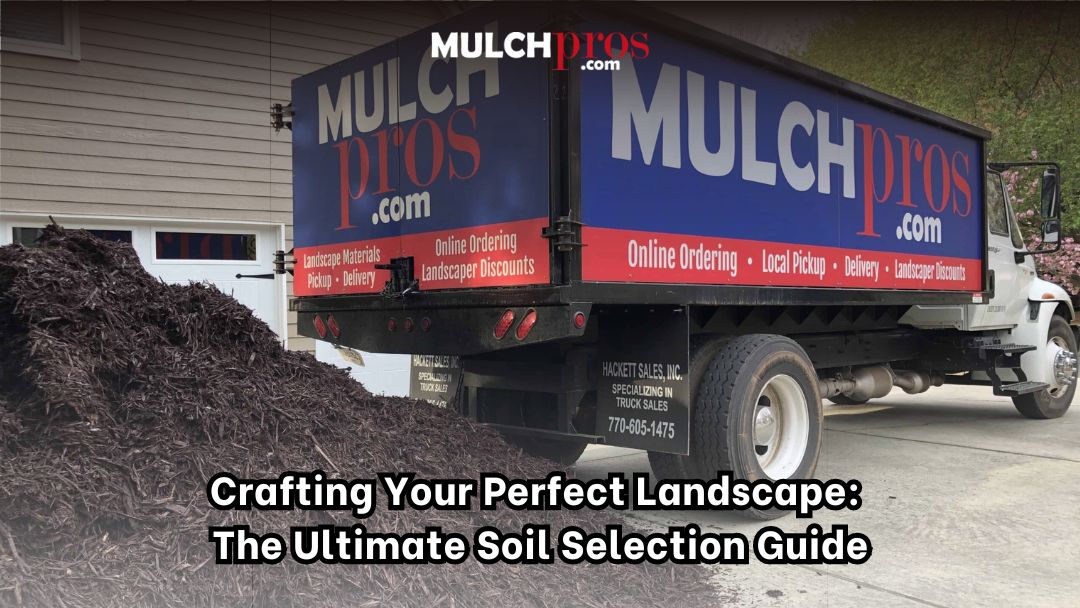Property owners often take up various projects to improve the quality of their outdoor spaces. The most common is gardening, as it is a rewarding and enjoyable hobby. If you want to have a thriving garden that provides beautiful flowers and fresh produce, choosing the right soil for your landscape is vital. Since the soil provides the foundation for plant growth, the wrong type can affect vegetation and overall appeal for years. Here’s a guide to choosing the right soil for your landscape, ensuring a lush and durable yard.
Know Your Soil
Many people often make the mistake of jumping straight into planting without knowing the type of soil on their premises. While all soils comprise of mineral particles, they vary in texture, drainage, density, and nutrient retention capabilities. Depending on the geography and plants you want to grow, professionals can help you choose the right soil for your landscape to create the ideal garden.
Plants You Want to Grow
Plants have different requirements, as some prefer nutrient-rich soil and others well-drained soil. When choosing the soil that’s right for your landscape, consider the plants you want to ensure their proper growth and development. The last thing any property owner wants is weak vegetation that’s susceptible to infection, infestations, or premature removal.
Choose Soil With the Right pH
Different soils have varying qualities, including pH. Before planting, conduct a soil test to determine the pH and adjustments needed to accommodate plant growth. If you prefer a more hands-on approach, you can purchase a soil pH kit and send samples to a lab. However, a professional approach can provide comprehensive results, including acidity and alkalinity levels, and recommend solutions to create the ideal soil conditions for your plants.
Prioritize Organic Matter
Another helpful tip when choosing the right soil for your landscape is organic matter. This improves structure, promotes plant growth, and enhances soil fertility. Organic matter is usually dark in color to show the high organic content and humus. If you don’t have access to soil rich in organic matter, you can add peat moss, compost, or aged manure. It is also advisable to consider the specific requirements of your plants so that you can choose a soil with a lot of organic matter.
Before choosing the right soil for your landscape, consider all these factors that can help you decide. Contact us at Mulch Pros and schedule a consultation with our representatives. We provide top-quality landscape supply in Cumming, with access to topsoil, mulch, gravel products, and pine straw at competitive rates.
We provide a range of high-quality soil solutions tailored to meet your landscaping and construction needs, including Screened Topsoil,Landscaper’s Mix Soil, Screened Fill Dirt, and Unscreened Fill Dirt.


